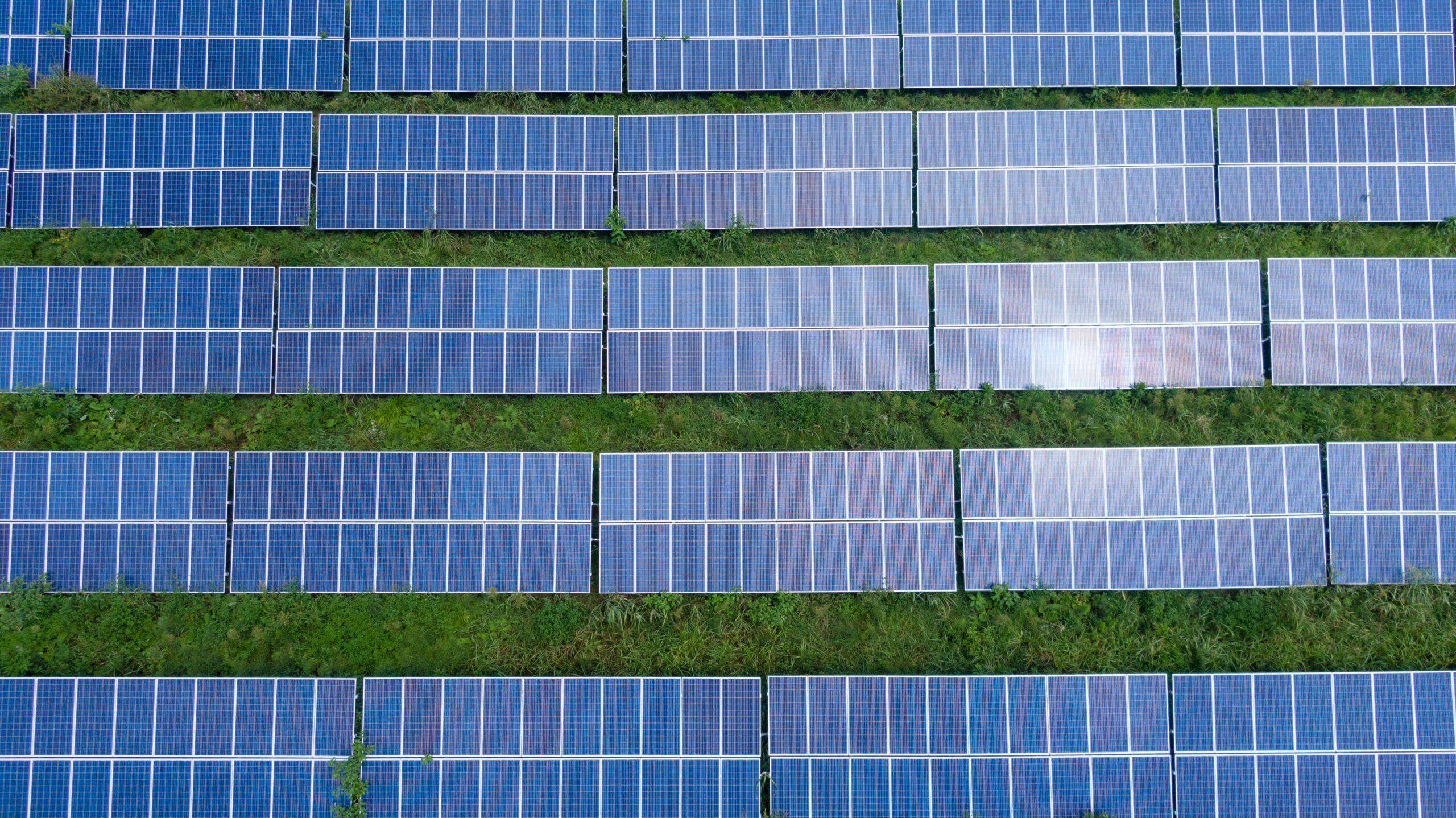
The Pros and Cons of Biomass Energy
Exploring the Benefits and Drawbacks of Biomass Energy
Biomass energy, derived from organic materials such as plants and animal waste, has gained attention as a renewable and sustainable energy source. It offers the potential to reduce greenhouse gas emissions and dependency on non-renewable resources. However, like any energy source, biomass energy also has its advantages and disadvantages. In this article, we will delve into the benefits and drawbacks of biomass energy to gain a deeper understanding of its impact on the environment and society.
From its potential to mitigate climate change to concerns about deforestation and air pollution, the use of biomass energy sparks debates among experts and environmentalists. By examining the pros and cons, we can evaluate the role of biomass energy in the broader context of sustainable energy production and its implications. Let's explore the advantages and disadvantages of biomass energy in detail.
Pros
Despite the debates surrounding its usage, biomass energy offers several advantages that make it an attractive alternative in the quest for sustainable energy sources. From its renewability to economic benefits, let's uncover the positive aspects of biomass energy.
Missing a pro?
Cons
While biomass energy has promising aspects, it is not without its drawbacks. Understanding the challenges and limitations associated with biomass energy is crucial in forming a balanced perspective on its role in the sustainable energy landscape. Let's examine the disadvantages of biomass energy in detail.
Missing a con?
Conclusion
In conclusion, the discussion around biomass energy reflects the broader complexities of sustainable energy transitions. While it holds the potential to offer a renewable and carbon-neutral energy source, the drawbacks and challenges associated with biomass energy underscore the importance of careful planning, technological advancements, and holistic sustainability assessments. By weighing the pros and cons, stakeholders can make informed decisions about the integration of biomass energy into the overall energy mix. As the conversation on renewable energy continues, addressing the concerns and maximizing the benefits of biomass energy will be essential for shaping a more sustainable energy future.
What do you think?
Do you think the pros outweigh the cons?









